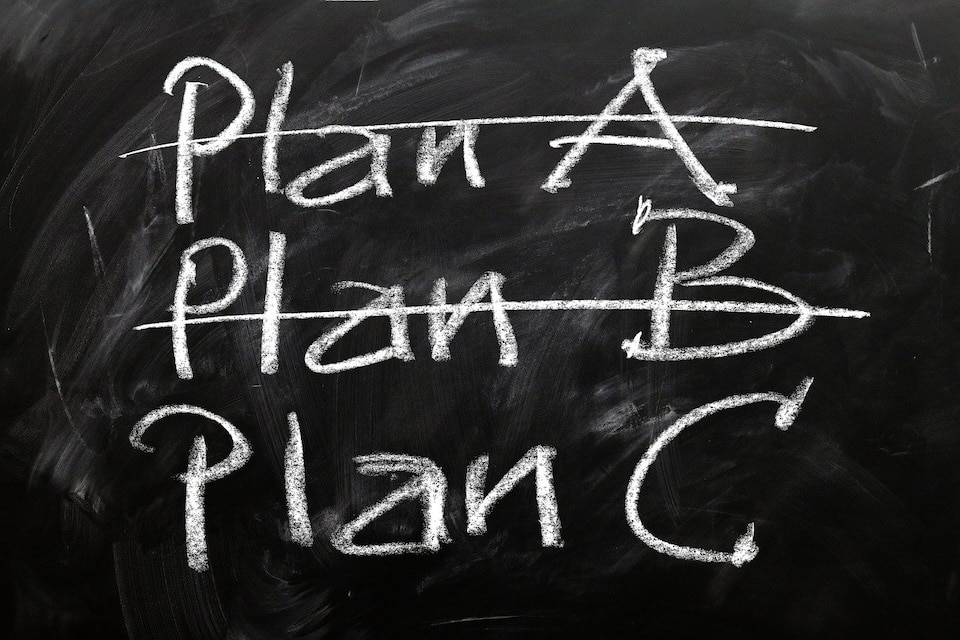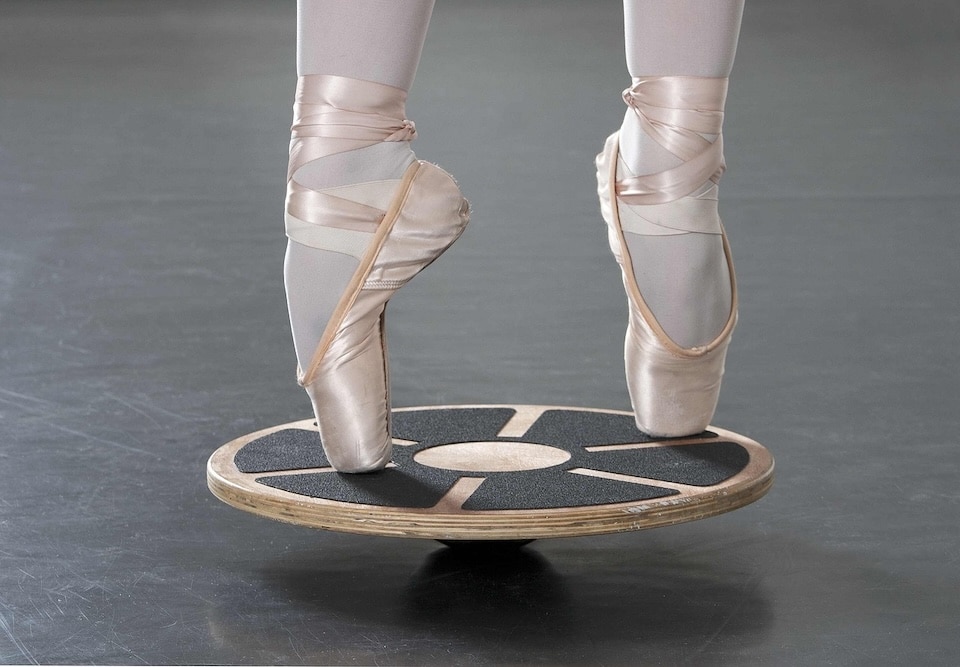I admit I listen hard when I hear someone casually use the word “mindset.” To me, it is like a mechanic casually throwing around the words “inline engine.” Contextually, I know that it is some sort of engine in a vehicle that makes it go, but that’s about it.
People communicate with their peers using words that we might not fully understand. They don’t mean to ostracize others; they are just using words that are commonplace in their line of work. This is how I feel about the word mindset. In the world of personal defense, I think teachers may be so familiar with it that we can forget to give the definition and bring it to life, so our students grasp the full meaning of the word.
The Cambridge Dictionary’s meaning of the word “mindset” is described as “a person’s way of thinking and their opinions.” What the heck does that even mean?
Personally, I think the word “mindset” is very valuable but it can be used without much thought to the actual application of its purpose. I wondered if I was alone in this so I reached out to four of the top decision and “mindset” people in the field and asked them to share their thoughts. I hit the JACKPOT!

The Complete Combatant’s very own Brian Hill. (Yes! He is my awesome husband, co-owner of The Complete Combatant and I respect his opinion very much.)
Brian said, “The concept of mindset is often mentioned in training, but is not well defined, sometimes being simply attributed to having the proper attitude. A clear goal that is well defined is essential to training.
“Mindset is a series of expectations and associations allowing the intuitive mind to recognize patterns that are normal or different. This creates a baseline for pre-need decisions and evaluating the context of the situation leading to a binary decisions process; if everything is normal, then continue on the present course – or, if this is possibly dangerous, then begin changing and gathering information allowing decisive action. The key to this state is to be as fully present as possible when needed in daily life.”

Claude Werner,The Tactical Professor, said, “When talking about mindset, it’s useful to consider the term ‘ethos’ from Greek philosophy. Merriam-Webster defines ‘ethos’ as ‘the distinguishing character, sentiment, moral nature, or guiding beliefs of a person, group, or institution.’ Our mindset is the set of guiding beliefs that motivate our thoughts and actions.
“When reflecting on ethos, the balance between passion and caution was very important to the philosopher Aristotle. Personal protection is deeply tied to passion and caution. The desires to survive and to thrive are passions that drive us to protect ourselves and our loved ones. At the same time, we must be cautious to ‘do the right thing’ and to do it in the right way.
“Mental and physical preparation guide and inform our personal protection ethos so that we achieve that critical balance between passion and caution. Thinking and planning ahead, thereby developing an informed mindset, help us achieve success and avoid negative outcomes.”
Annette Evans, of On Her Own, said, “Mindset is the kind of word thrown around by some self-defense instructors as a panacea, a magical incantation to spirit potential victims out of danger. Unfortunately, it often falls into the trap of into ignoring or downplaying the skills and tools that are part of traditional self-defense training. If you have the right mindset, they say, you’ll be able to spot anything bad that might happen to you, and you’ll have all that you need to fight your way free of an attack if one finds you anyway. It’s true that you must be aware that danger exists and should pay attention to what’s going on around you, but we are human and can’t spot everything all the time. Even if we could, we need knowledge and skills to understand what we’re seeing, why it might matter, and what we should do about it. It’s true that the determination to survive an attack is an often-necessary ingredient for success and that can alone be sufficient, but having guns and pepper spray and other weapons – as well as the ability to use them and our bare hands – can tilt the odds in our favor so that we are less likely to be seriously injured or hurt somebody else in our quest to stay alive. Mindset isn’t a bad word all by itself, but it can be when it’s presented only by itself instead of being paired with the hard skills that make for successful self-defense.”

John Hearne, Two Pillars Training and Rangemaster staff instructor, said, “For me, the mindset is a simple word to describe a very complex state of mind. Reduced to its essence, proper mindset is the possession of a mental representation, aka a mental map, that accurately reflects one’s daily reality. The research from a variety of fields, whether it’s a professional sports team or a surgeon, tells us that those with the best mental maps consistently perform the best. A proper self-defense mindset starts with the acceptance that there is evil in the world. If you don’t or can’t accept that there is evil in the world, then the mental preparation, tool carrying, and skill acquisition are just motions gone through to feel better or ‘safer.’ If you have accepted the world as it is, then all our accepted best practices logically follow. For instance, if your mental map is accurate, you know that injury is always a possibility, and it naturally flows that you’ll have the knowledge and tools to deal with it. Part of a valid mental map includes a risk profile that changes from day to day, or even hour by hour. This realistic assessment of your greatest threats drives everything from the tools you carry to the choice to even carry a gun at a particular location. In a nutshell, mindset is the acceptance of the world as it is, not how we would like it to be, and then doing what is necessary to prepare”.
I defiantly see a pattern here! I love that Brian, Claude, Annette and John’s thoughts are similar, yet their answers are not “cookie cutter.” Thank you all for contributing to this article.
Now let’s practice “mindset” based on the definitions above: You need to go to a gas station to fill up your tank. You pick a location and get in your car. You pull up to the pump and turn your engine off. You grab your credit card and get out of your car. You run the card and put in the required information, lift the nozzle and start pumping gas. After a few minutes, the tank is full so you return the nozzle to the proper place and push NO for receipt. You get back in your car, put your credit card away, and drive off.

This scenario probably seems fairly normal and routine to most of you, and it is, BUT at what point in this entire decision making process did you practice “mindset?”
This, my friends, is “mindset!” I have no doubt that at least one of these definitions will resonate with you so you will not only be able to understand its meaning, but also, implement a healthy mindset into your daily life.
Shelley Hill wears a "bunch of hats." Her husband, Brian, named her the “Indispensable Organization Wizard” about 25 years ago and that has become her official title. Shelley is co-owner, XO and instructor at The Complete Combatant. She is an HK Brand Ambassador, publishes regular articles in Women’s Outdoor News and Shooting Illustrated, teaches online classes, is an Active Self Protection Certified Instructor, an Instructor Graduate of Modern Samurai Project's Red Dot Instructor program, NRA Certified Instructor, Certified NRA Chief Range Safety Officer, Refuse to be a Victim Instructor and is a Certified OC (Pepper Spray) Instructor through Chuck Haggard's Agile Training & Consulting. She is the designer and mastermind behind Image Based Decisional Drills, Smart Choices , LockedIn Grip, The Complete Combatant's annual The Mingle for professional ladies in the "firearms/self defense" industry and The Quest for red dot shooters. She is also the President of a non-profit organization called Blue Line Ponies. This 501c3 focuses on providing a retirement range for our career service horses. Shelley is also a presenter at several national conferences is a public speaker and she actually loves people. View all posts by Shelley Hill